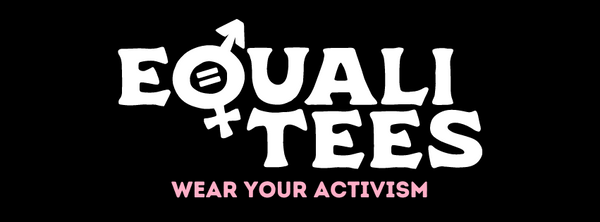In an increasingly interconnected world, terms like "social justice" and "equality" have become ubiquitous. We see them in headlines, on social media feeds, and at the heart of countless movements. But what do these powerful concepts truly mean, and how can we move beyond performative allyship to cultivate genuine, lasting change in our communities and beyond?
Understanding the Pillars: What is Social Justice?
At its core, social justice is the principle that everyone deserves equal economic, political, and social rights and opportunities, regardless of their race, religion, gender, sexual orientation, disability, socioeconomic status, or any other characteristic. It's about dismantling systemic barriers and addressing historical injustices that have disproportionately affected marginalized groups.
Equality vs. Equity: A Crucial Distinction
Often used interchangeably, equality and equity are distinct but equally vital components of a just society.
- Equality means treating everyone the same, providing the exact same resources and opportunities. While well-intentioned, this approach can sometimes overlook the fact that people start from different places and have different needs.
- Equity, on the other hand, recognizes these different starting points and seeks to provide resources and opportunities tailored to an individual's or group's specific needs to reach an equal outcome. It’s about fairness, not just sameness. Think of it as giving everyone the support they need to reach the finish line, rather than just giving everyone the same shoes at the starting line.
Why Does Social Justice and Equality Matter?
The pursuit of social justice and equality isn't merely an idealistic endeavor; it's a pragmatic necessity for a thriving society. When we champion these values, we:
- Foster stronger communities: Inclusive societies where everyone feels valued and has opportunities are more cohesive and resilient.
- Unlock human potential: When systemic barriers are removed, individuals are free to contribute their unique talents and perspectives, leading to innovation and progress for all.
- Reduce conflict and instability: Inequality breeds resentment and division. Addressing root causes of injustice can lead to greater peace and stability.
- Uphold human rights: Social justice is fundamentally about upholding the inherent dignity and rights of every individual.
Moving Beyond Awareness: Taking Action for a More Just World
It's easy to feel overwhelmed by the scale of the challenges, but every action, no matter how small, contributes to the larger movement for social justice. Here are some ways we can all contribute:
- Educate Yourself: Dive deeper into the history and ongoing impacts of systemic injustices. Read diverse voices, listen to lived experiences, and challenge your own biases.
- Advocate for Policy Change: Support organizations and initiatives working to implement equitable policies in areas like education, housing, healthcare, and criminal justice reform.
- Support Marginalized Communities: Amplify the voices of those often unheard. Support businesses and organizations led by individuals from underrepresented groups.
- Practice Inclusive Language and Behavior: Be mindful of the words you use and the way you interact with others. Challenge discriminatory remarks and actions.
- Vote with Intention: Elect leaders who champion social justice initiatives and demonstrate a commitment to equality.
- Engage in Difficult Conversations: While challenging, honest dialogue about privilege and injustice is crucial for growth and understanding.
The Journey Continues:
The fight for social justice and equality is an ongoing journey, not a destination. It requires continuous effort, self-reflection, and a collective commitment to building a world where everyone has the opportunity to thrive. By understanding the nuances of these critical concepts and actively working towards a more equitable society, we can move beyond the hashtags and truly make a difference.

